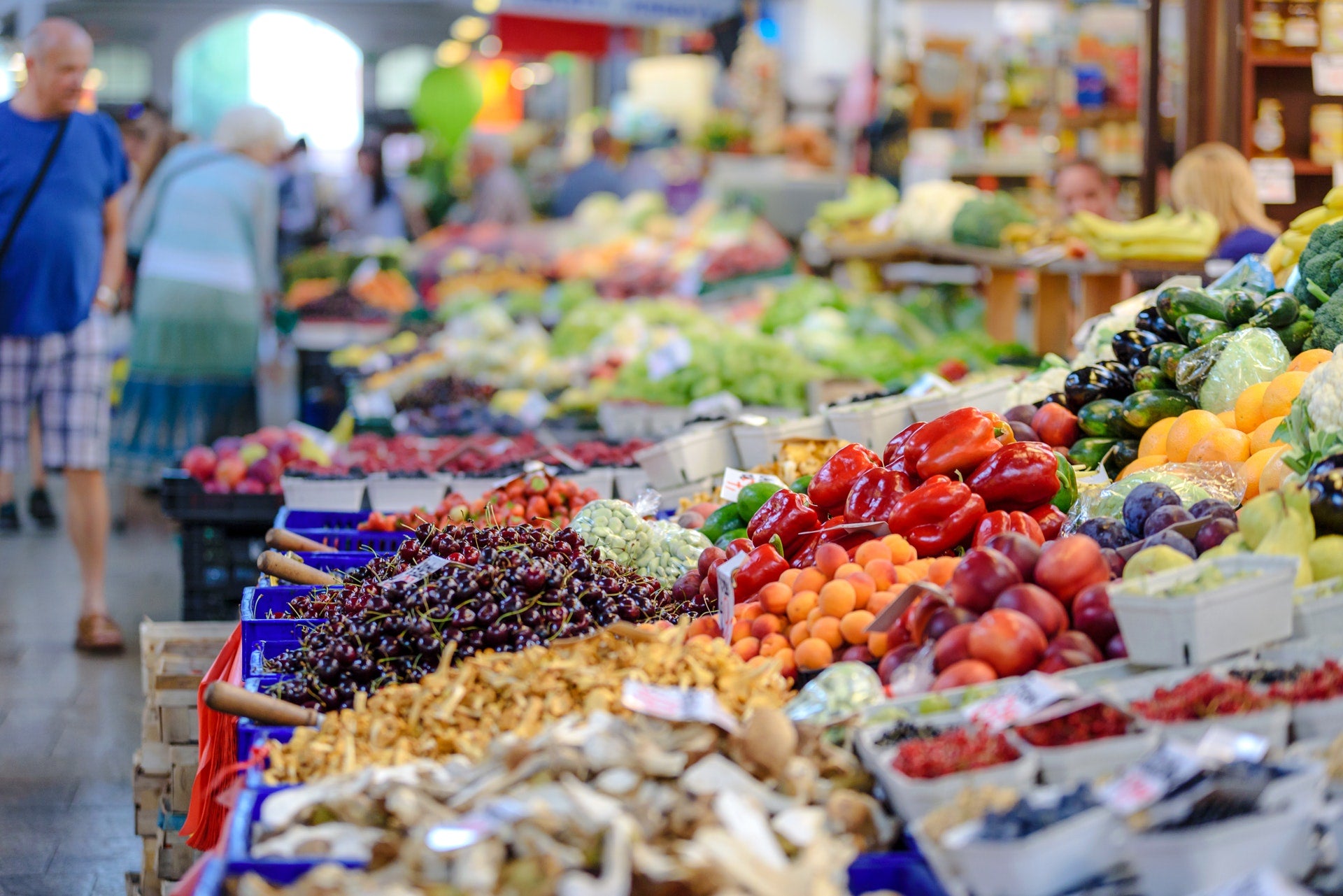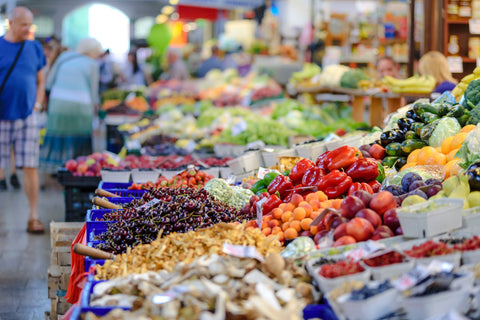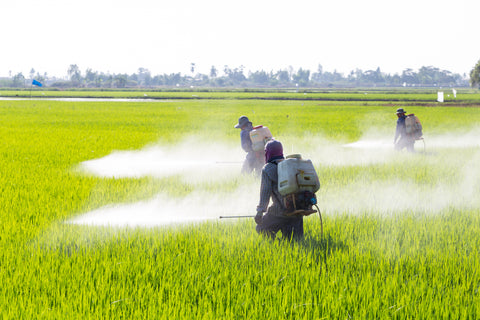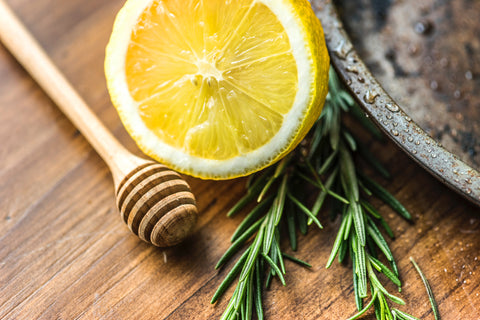USDA Begins NOP To Clarify What Food Is and Is Not Considered Organic
According to the USDA National Organic Program, organic agriculture is what leads to products that use the best practices to ensure the environment is protected and steer clear of synthetic pesticides, hormones, antibiotics and genetically modified foods.
This NOP program laid out certain guidelines for ranchers and farmers growing crops, raising livestock and what seeds and foods could be used. The guidelines ensure the product is protected from beginning to end, and they also addressed other concerns – water and soil quality, food additives, livestock practices and pest control.
What Are The Organic Farming Requirements?
• Preserve resources that lead to biodiversity
• Improve animal health
• Offer animals access to outdoors, ensuring animals can roam freely
• Use of authorized products
• Must undergo yearly inspections
• Must not use any GMOs
• Must keep non-organic and organic foods separate
• Don’t use any kind of irradiation to kill pests
• Use compost or manure rather than synthetic fertilizers
Any organically-grown food must adhere to those stringent rules as set forth by the agency. To ascertain their certification and keep it, farmers must participate in scheduled inspections and meet an array of criteria.
There is something else you need to consider – food that has a minimum of 95 percent organic ingredients and where the farm passed an inspection by a government expert attains its USDA Organic Label. Before the NOP (National Organic Program) began, there were no rules in place governing what is and is not organic. Thus, consumers didn’t know how their food was grown, which was something USDA wanted to change.
It was in 2001 that the USDA organic labeling program began. In 2016, there were more than 31,000 certified organic commercial farmers in the nation and more than 100 countries. This is one of the fastest growing industries in the world – worth $43 billion today.
Is Organic Food Really Free Of Pesticides?
Defining what is and is not organic is not that difficult. However, the biggest misconception that people have about organic food is that they are free of pesticides. That’s not really entirely accurate. The truth is these foods are not treated with “synthetic” pesticides. If they are to be considered organic, they must not be sprayed with or come into contact with synthetic pesticides.
Farmers are, however, allowed to use organic pesticides and fertilizers that come from organic materials or plant life. It’s thought these foods are not as toxic as synthetic pesticides.
Are You Wanting To Become More Knowledgeable in Organic Produce?
Grab Our New E-Book Originally Organic & Discover Everything There Is To Know About Living Simply Organic Today. SPECIAL DISCOUNT: Use Discount Code 33OFF To Get 33% Off The E-Book...










